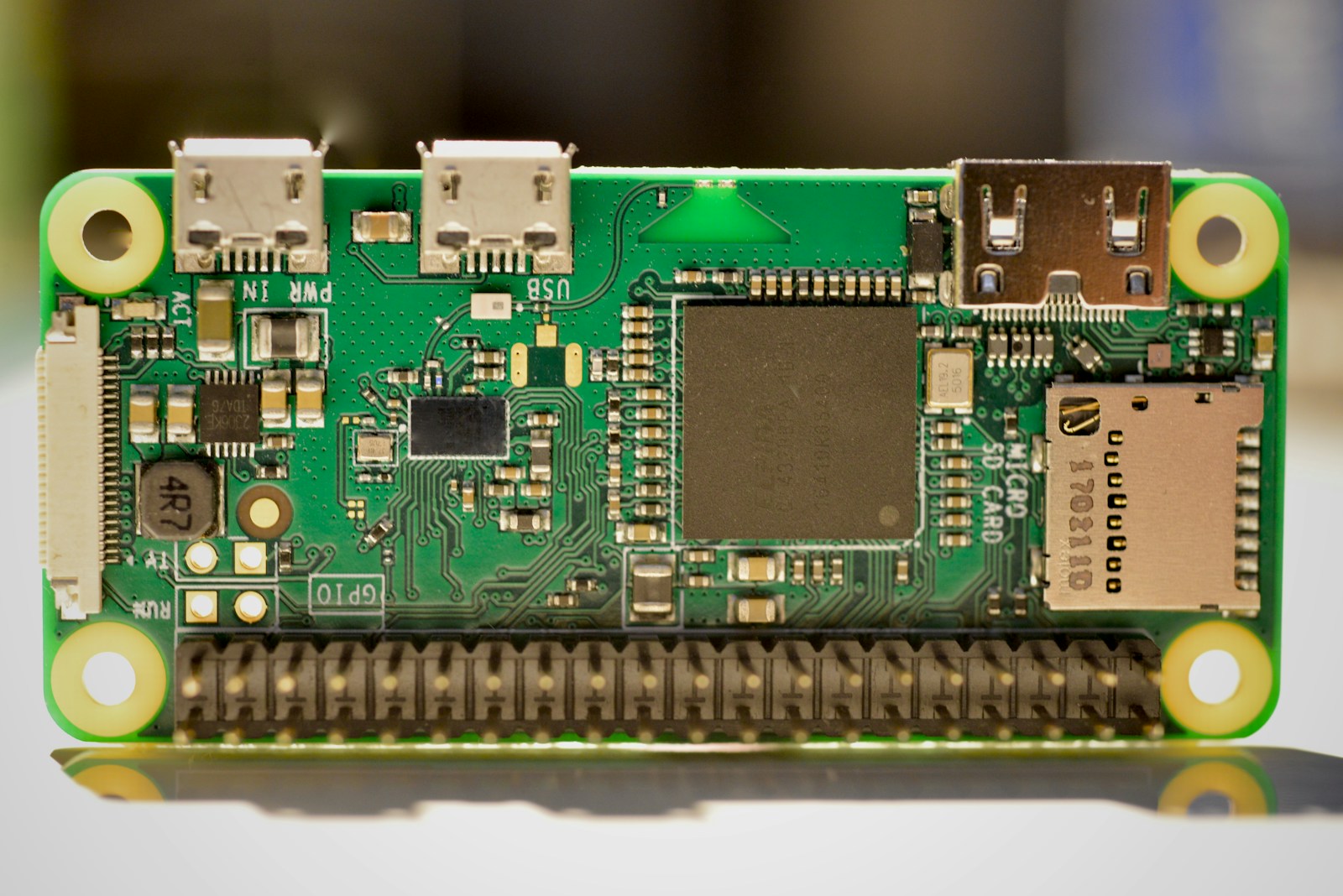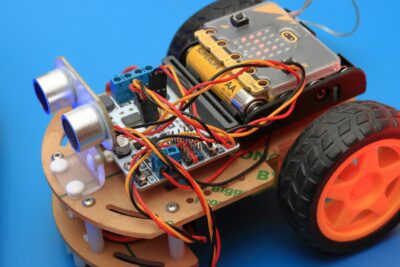Accelerating Data Analysis and Discovery through AI
The Role of AI in Automating Data Analysis
AI in scientific research automation primarily focuses on automating data analysis, a critical component that traditionally consumes a significant amount of time and resources. Artificial Intelligence (AI) is revolutionizing various industries, and scientific research is no exception. In regions like Saudi Arabia and the UAE, where innovation and technology are at the forefront, the integration of AI into scientific research processes has shown significant potential.
AI algorithms can process vast amounts of data at speeds and accuracies far beyond human capabilities. This capability is particularly beneficial in fields such as genomics, climate science, and materials science, where data sets are extraordinarily large and complex. For instance, researchers in Riyadh and Dubai are leveraging AI to analyze genomic data, identifying patterns and correlations that might lead to breakthroughs in personalized medicine. By automating these processes, AI not only accelerates the pace of research but also ensures more reliable and reproducible results.
Furthermore, AI’s ability to learn and adapt improves its efficiency over time. Machine learning models, a subset of AI, can be trained on historical data to predict outcomes and identify anomalies. This predictive power is invaluable in scientific research, enabling researchers to anticipate potential issues and adjust their methodologies accordingly. As a result, AI enhances the overall quality and robustness of scientific findings, paving the way for more innovative and impactful discoveries.
Accelerating Discovery of New Knowledge
Beyond data analysis, AI is also instrumental in accelerating the discovery of new knowledge. Traditional scientific research often involves laborious and time-consuming experiments. AI can streamline these processes by identifying the most promising hypotheses and optimizing experimental designs. In the UAE, for example, AI-driven research initiatives are focusing on sustainable energy solutions, utilizing AI to predict the most efficient materials and configurations for solar panels and wind turbines.
AI’s ability to process and analyze data from diverse sources further enhances its utility in research. In the context of environmental science, AI can integrate data from satellite imagery, climate models, and field observations to provide a comprehensive understanding of environmental changes. This holistic approach enables researchers to develop more accurate models and make informed decisions about conservation and resource management.
Moreover, AI can facilitate interdisciplinary research by bridging gaps between different scientific domains. By analyzing data from various fields, AI can uncover correlations and insights that might not be apparent through traditional research methods. This capability is particularly relevant in regions like Riyadh and Dubai, where there is a strong emphasis on collaborative and cross-disciplinary research to address complex challenges such as urban development, healthcare, and environmental sustainability.
Implementing AI in Research: Challenges and Solutions
While the benefits of AI in scientific research automation are clear, implementing these technologies is not without challenges. One significant hurdle is the need for high-quality, annotated data to train AI models. Inconsistent or biased data can lead to inaccurate predictions and unreliable results. To overcome this, researchers in Saudi Arabia and the UAE are investing in the development of comprehensive and standardized data repositories, ensuring that AI systems are trained on diverse and representative data sets.
Another challenge is the integration of AI with existing research infrastructures. Many research institutions have established methodologies and workflows that might not be immediately compatible with AI technologies. Addressing this requires a combination of technical solutions and organizational change. In Riyadh, for instance, initiatives are underway to integrate AI tools into existing research frameworks, supported by training programs that equip researchers with the necessary skills to leverage AI effectively.
Ethical considerations also play a crucial role in the deployment of AI in research. Ensuring transparency and accountability in AI systems is essential to maintain public trust and integrity in scientific findings. This involves developing AI models that are explainable and interpretable, allowing researchers to understand how decisions are made. Additionally, robust regulatory frameworks are being established in regions like Dubai to oversee the ethical use of AI in research, ensuring that these technologies are used responsibly and for the benefit of society.
Conclusion: The Future of AI-Driven Scientific Research
The integration of AI into scientific research marks a significant advancement in the pursuit of knowledge and innovation. In regions like Saudi Arabia and the UAE, the adoption of AI-driven methodologies is transforming the landscape of scientific discovery, enabling faster, more accurate, and more impactful research outcomes. By automating data analysis and accelerating the discovery of new knowledge, AI is poised to address some of the most pressing challenges facing society today.
For business executives, mid-level managers, and entrepreneurs, understanding the potential of AI in scientific research is crucial for staying ahead in a rapidly evolving technological landscape. By investing in AI technologies and fostering a culture of innovation, organizations can harness the power of AI to drive scientific advancements and achieve sustainable growth. As AI continues to evolve, its role in shaping the future of scientific research will only become more prominent, offering new opportunities and possibilities for a better tomorrow.
—
#AI #ScientificResearch #DataAnalysisAutomation #AIDiscovery #SaudiArabia #UAE #Riyadh #Dubai #ArtificialIntelligence #EthicalAI #LeadershipSkills #ProjectManagement































